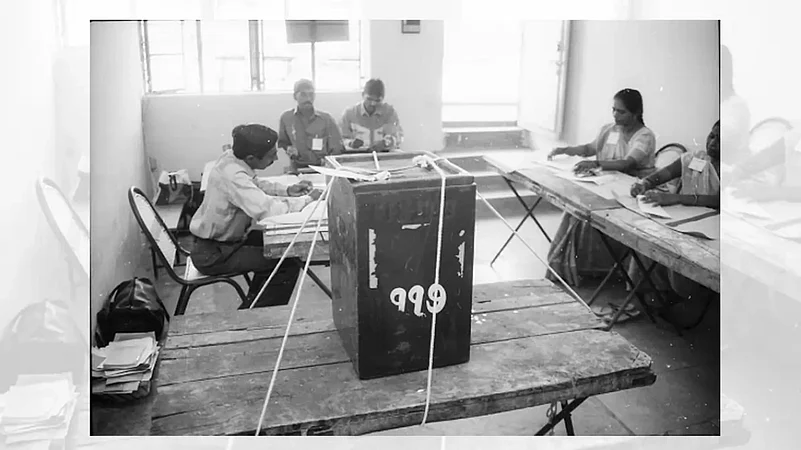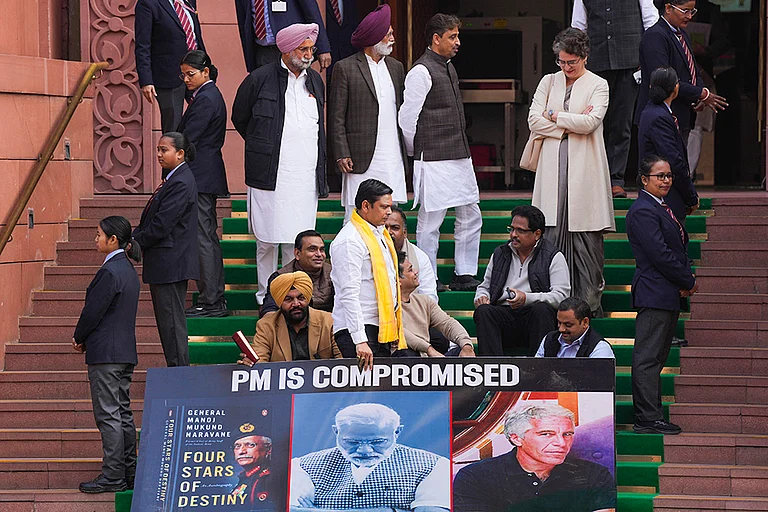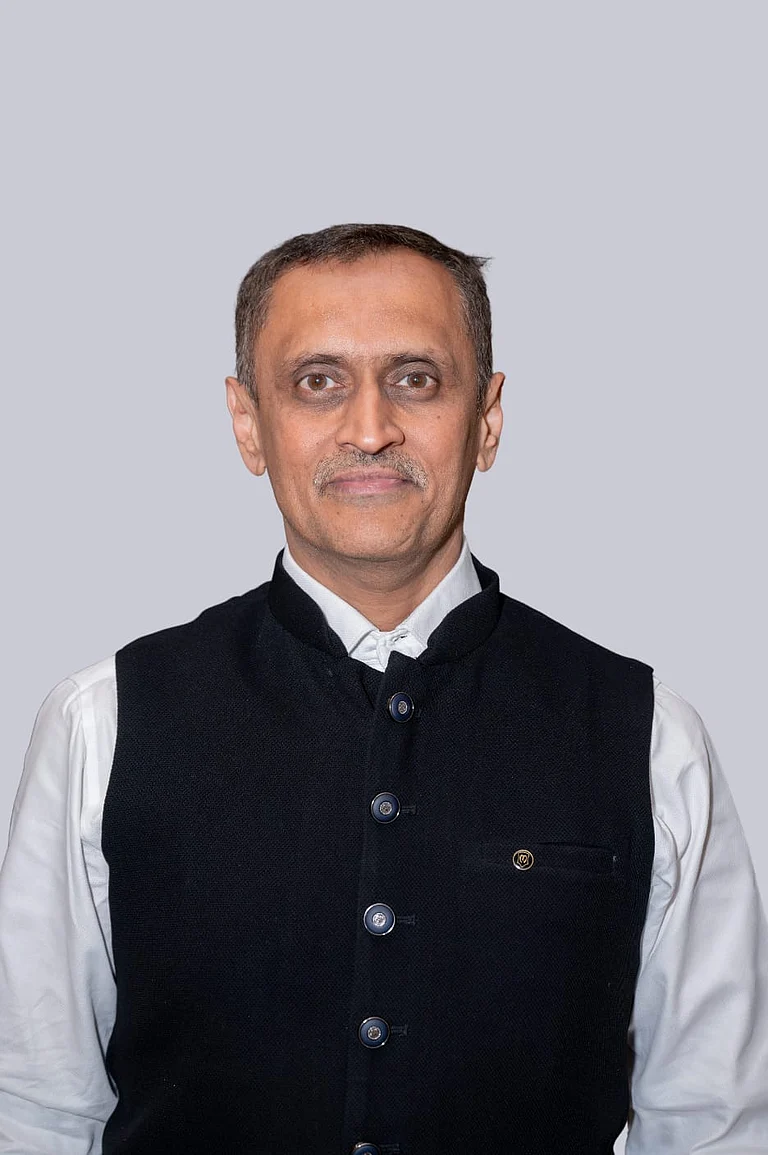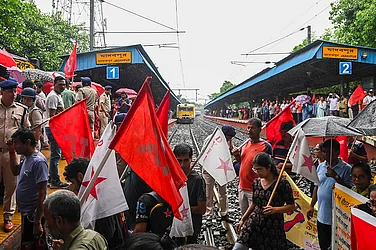In 2017, then-Finance Minister Arun Jaitley had made several important points in his Budget speech. Among them was a proposal to evolve a transparent method of funding political parties. Electoral bonds, he had suggested, would be such a method of ensuring that the system of political funding in India is clean and not influenced by black money. He had lamented the lack of transparency in political funding in the previous decades.
Jaitley’s vision stirred hopes for free and fair elections in India with greater accountability for political funding. However, what ended up happening was far from what was expected. The government implemented electoral bonds in January 2018 as an alternative to cash donations made to political parties. It was notified by amending Section 31 of the Reserve Bank of India Act, 1934. But instead of being transparent, the system that came to exist appeared more opaque.
A debate emerged over the anonymity of the donor. The government said that the secrecy of the donor was of prime importance to it even as the Reserve Bank of India (RBI) and Election Commission expressed concern that the electoral bonds could be misused by shell companies.
In October 2017, the first petition was filed by the Association of Democratic Reforms in the Supreme Court challenging the scheme. Several other pleas were filed in the subsequent years challenging the EB scheme. In April 2019, the apex court had declined to stay the scheme stating that it would accord an in-depth hearing on the pleas as the Centre and the Election Commission had raised "weighty issues" that had "tremendous bearing on the sanctity of the electoral process in the country".
The case remained in limbo for six years until now. On October 31, a five-judge Constitution bench of Chief Justice of India DY Chandrachud, along with Justices Sanjiv Khanna, BR Gavai, JB Pardiwala and Manoj Misra commenced hearing in connection to four pleas challenging the electoral bonds scheme.
During the hearing, senior advocate Prashant Bhushan, appearing for one of the petitioners, said that the scheme violates Article 19(1)(a) of the Constitution and “destroys and disturbs democracy in the country”.
Senior advocate Kapil Sibal argued that there was nothing in the scheme that showed that the donation had anything to do with the electoral process.
The Centre defended the EB funding political parties, deeming it a "completely transparent system." The Supreme Court, however, raised pertinent queries to the Centre, flagging the scheme’s "selective anonymity". The court also raised concerns about "legitimisation of quid pro quo" or kickbacks for political parties.
Solicitor General Tushar Mehta, representing the Centre, argued that the secrecy ensures that the donor does not face retribution or victimisation. He highlighted the right to privacy for the donors and said voters do not have the right to know where the donations are coming from. The citizens’ right to know is “subject to reasonable restrictions”, Mehta told the top court.
This led to a renewed controversy around the right to information for voters. After all, do citizens – the voters – not have a right to know if the funding is flowing through authentic sources? Does it not help rule out potential quid pro quo or foreign funding? Is it not a “reasonable” ask?
As of now, the Supreme Court has reserved its verdict on the batch of petitions challenging electoral bonds.
Free and fair elections are vital for the integrity of any democratic setup, and India is the world's largest democracy. As the controversy around electoral bonds grows bigger as we get closer to the Lok Sabha elections next year, Outlook dives into the debate around electoral bonds, the right to information for voters, and whether the current election system is really transparent.


























